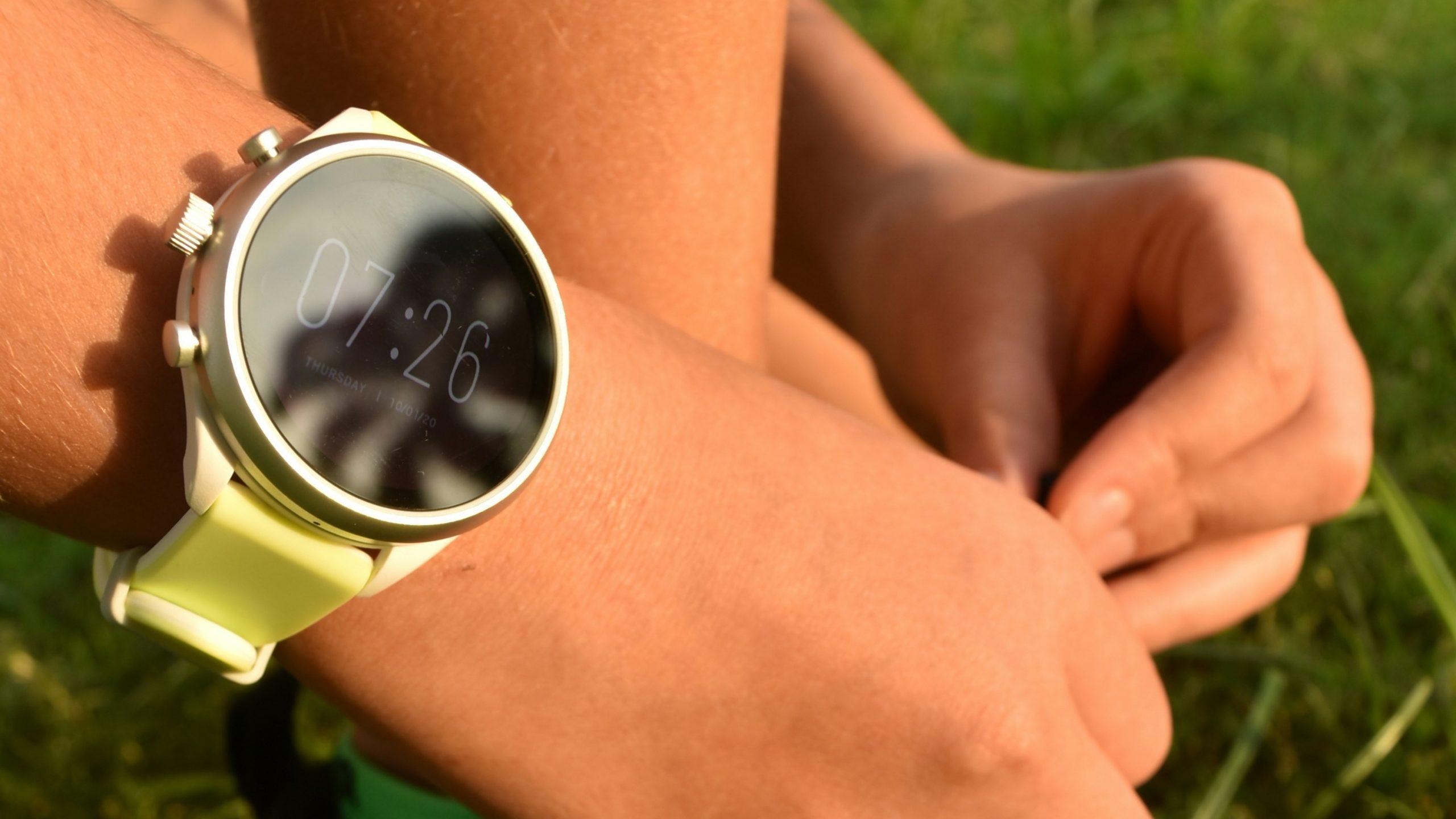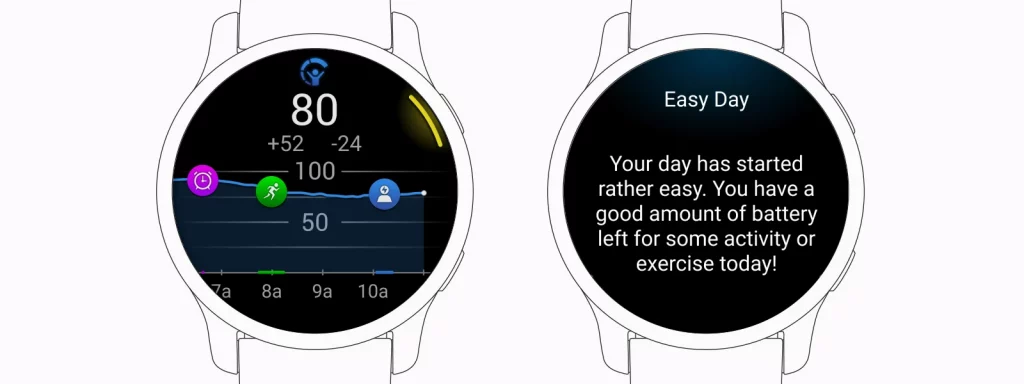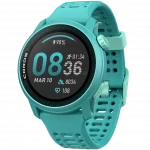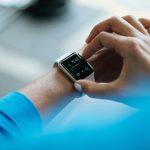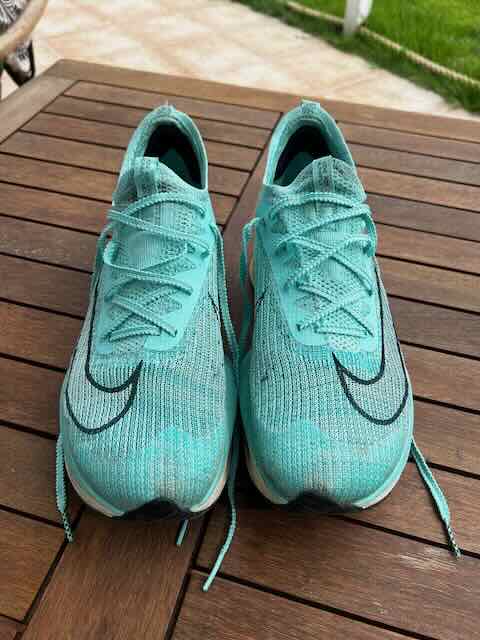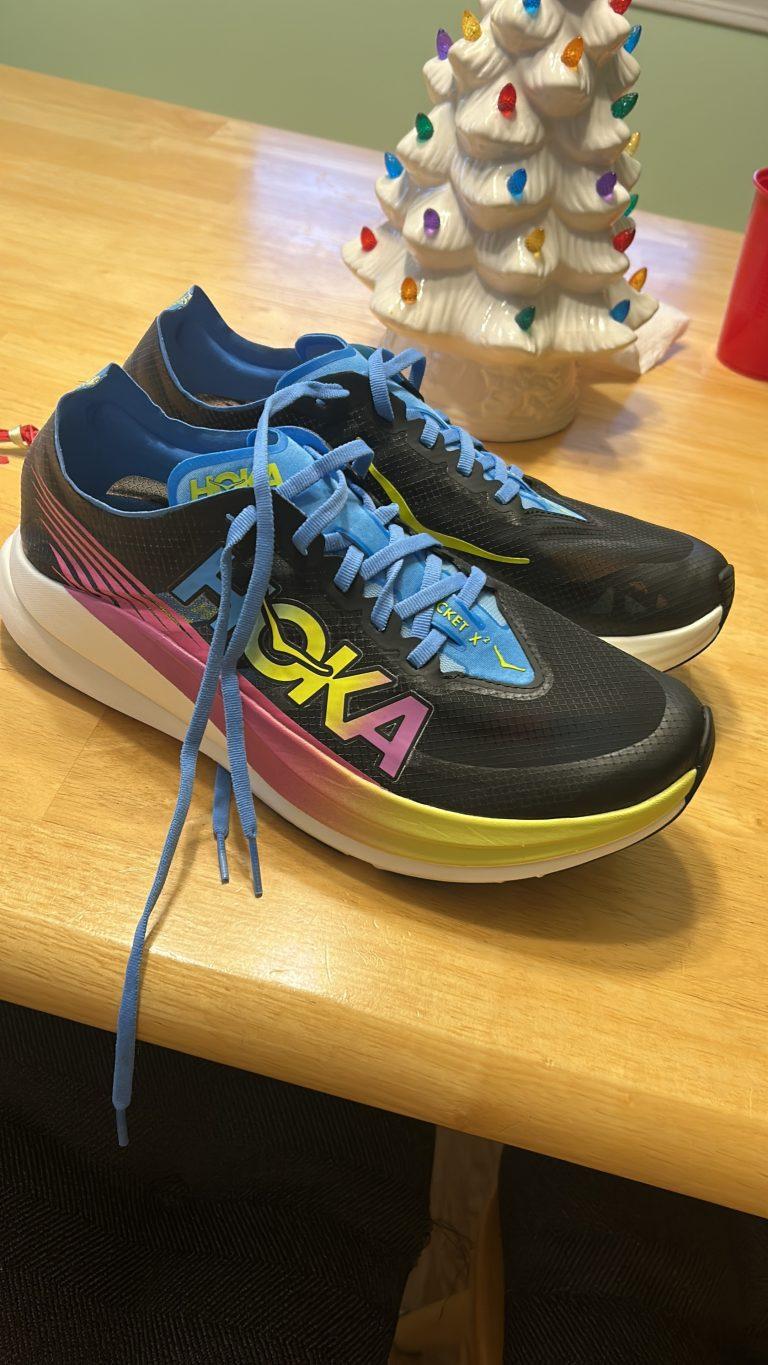What is Your Sports Watch Telling You?
So, what is your sports watch telling you? Let me start this whole post off by saying I’m a real numbers nerd and I devour all the running information I can get. However, I do have a healthy dose of skepticism when it comes to some of the stuff my watch tells me. Some of the most common questions I get from the athletes I coach revolve around their sports watches. Whether it’s an Apple Watch, Garmin, Fitbit or any of the many other options out there. These smart devices give us feedback on our training sessions, which is where they excel. So if we go for a run, we will usually get fairly accurate data regarding:
- Length of time we ran
- Distance covered
- Pace
- Elevation gain/loss
- Cadence
- Stride Length
- GPS Map of our route
- Temperature at time of session
- Heart rate (HR) & heart rate zones (more on this later)
The latest model watches will also report a plethora of additional data, and this is the stuff I’d like to explore here. More importantly, I’d like to question whether it is accurate or is it just waffle?
Additional Data Provided by Sports Watches
I use a Garmin 245 watch, and I have been for quite some time now. I like it for my training and overall health metrics it provides, but is it accurate? Let’s look at what it is providing:
- Heart Rate Zones
- Body Battery
- Sleep and 3 different sleep zones (deep, light, REM)
- Resting Heart Rate
- VO2 Max
- Calories In/Out
- Training effect of each session
- Probably more depending on your manufacturer and model
So this is the question I’m here to address, what is this data and is it worth listening to?
Heart Rate Zones & Resting Heart Rate
Every sports watch will provide your heart rate zones and give feedback as to how long during each session the user was in each zone. But is it accurate? Well, unless you’ve had your heart rate zones analysed by a professional, the sports watch is going to provide an estimate. Furthermore, every single person has differing zones. Some of the factors that come into play are age, level of fitness, weight, height, size of heart. From my experience, I can report that my Garmin calculated my heart rate zones so far off that it wasn’t worth looking at. When I actually had my heart rate and VO2 max tested professionally, at Health Fit Lab, I saw first hand that my Garmin was way off. I have made the corrections in the Garmin app and now Garmin thinks I’ve never ran before. I’m getting as much as -8 on a training effect on some of my runs. I’ve never seen that before, so I don’t know what it is reading.
Additionally, although the wrist based HR sensors are getting better, a chest strap is more accurate. My advice is that if you want to base your training on heart rate zones, get tested and enter accurate information. Also, invest in a good HR chest strap for better feedback.
For resting heart rate, it isn’t practical to wear the chest strap 24/7 and therefore, the resting HR metric is likely a little off. However, like most things, if it is measuring something and it measures it consistently, then check the trend, not the number.
Body Battery
Here is what Garmin has to say about its Body Battery monitoring:
The Body Battery feature on your Garmin watch is designed to help you monitor your personal energy resources around the clock. Powered by Firstbeat Analytics™, Body Battery energy monitoring makes the combined influences of physical activity, stress, rest and the restorative power of sleep visible in a powerful way. Use this perspective to make smarter exercise decisions and form healthy habits based on what works best for you.
Compatible Garmin devices take your Body Battery experience to the next level with personalized insight into the most influential moments of your day1. These events combined with dynamic feedback translate into an opportunity to master the often-complex relationship between lifestyle, health and fitness.
I do find that on the days the body battery is reporting low, I am genuinely feeling low in energy. So in that sense, it is likely measuring something, or many things, accurately. But, once again, if it reads low, it doesn’t mean I need to stop and go to sleep, wouldn’t that be nice. It just gives me a reminder to prioritise rest over the next few days. If I have a running session on the schedule, I still go and, more often then not, will execute it well. But why not keep your body battery topped up if you can.
Sleep and the Three Sleep Zones
My Garmin reports to me each morning with what time I went to bed, woke up and provides the time spent in deep, light, as well as REM sleep. Is it accurate? Is it worth listening to? Does it matter? I used to joke when my wife would ask me how I slept, I would answer, “I don’t know, let me check my watch.” The truth is, the watch is generally spot on with the time I go to bed and the time I get up, as well as if I get up during the night. Obviously, I have no way to determine if it has got the zones correct.
Once again, my response to whether it is accurate, is this; it is measuring something, and hopefully it is measuring it consistently. I have no reason to believe that as long as these things are true, that the trend will be correctly reported. In other words, whether the actual time in each zone is spot-on or not, is irrelevant as long as it is consistent.
What is My Sports Watch Telling Me About My VO2 Max?
Once again, my sports watch has gone a little wonky since I’ve adjusted my heart rate zones to the actual heart rate zones I had tested. Since that time, my VO2 Max, according to Garmin, has dropped 3 points, down to 54. When I had it measured in the lab, it is 58.7, so I don’t know what to think. What I will say is where the lab checks it by analysing my breath as I exercise at an increasingly more difficult level, the sports watch is estimating based on the best information it can gather.
This is another case where I would keep an eye on the trend and hopefully, as you get fitter, the VO2 Max metric increases. The number may not be accurate, but it should be measuring something consistently.
How Can My Watch Determine Calories In/Out
How can my watch determine calories in & out? Well first of all, we, as users need to input our calories in. Personally, I have connected my MyFitnessPal account to my Garmin and it knows what I’ve consumed during the day. As for calories out, once again, it is estimating this on heat rate, activity, as well as height and weight (if you entered it). This is once again a complete shot in the dark if you ask me.
I had my metabolic rate tested, once again, at the Health Fit Lab. It determined that if I didn’t get out of bed in the morning I would burn 2200 kilocalories. Personally, and this is a highly personal topic, I ignore the exercise portion of my calories burned. This is particularly true if I’m cutting weight. When I’m maintaining or gaining, then I do take this into account. At the end of the day, unless we are hooked up to a machine analysing our out-breath, then it is going to be an estimate.
Can My Sports Watch Determine the Training Effect of My Sessions?
Can my sports watch determine the training effect of my sessions? Not too accurately from my experience. I may change my mind if my Garmin decides to play nicely with the changes I made to my heart rate zones. So far, it hates me and thinks all my runs are awfully ineffective. That is despite working hard and improving week on week.
Conclusion On What is Your Sports Watch Telling You?
Your sports watch is just a machine. They may be getting better, but there is no substitute for knowing yourself. I’ll just add one more thing here. The week before I ran a sub-3 hour marathon, the Garmin race predictor told me I should be able to run a time over a half hour slower. The point here is don’t rely on the watch to determine what kind of race shape you are in. Trust your training, trust your coach, or if self-coached, trust that you are doing the hard things. Use the watch as a helpful guide, but listen to your body more than the watch. We are individuals and our body’s are unique. Unlike each model of watch that is mass produced, we work, sleep, react to training, eat, rest, recover, etc…differently than every single other human. Use it as a guide, not as your master 😀

